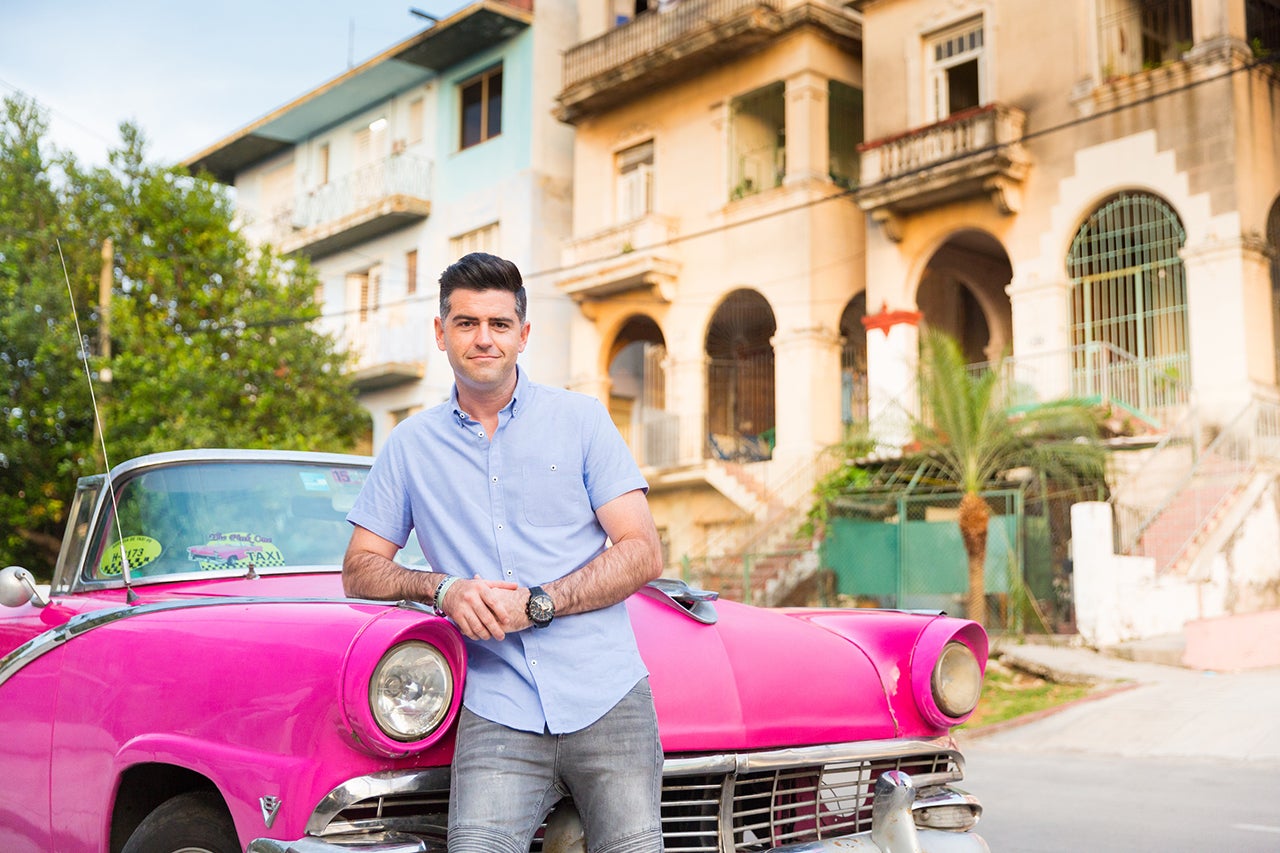by Natalie Rand
When he was a College of Charleston student, Collin Laverty ‘06 embarked on a study abroad excursion to Cuba that sparked his interest in U.S.-Cuba relations and ultimately led to his successful career as the co-founder and president of Cuba Educational Travel, a company that curates travel experiences to the Caribbean island nation.
On Sept. 28, 2017, the campus community and the public at large will get the chance to hear from Laverty about how his experience at the College enabled him to identify his passion, gain professional experience in international relations and become a sought-after expert on U.S.-Cuba relations. He will also discuss the Trump administration’s recent decisions regarding travel to Cuba and provide an update on the damage caused by Hurricane Irma.
The talk, which takes place at 4:30 p.m. in Robert Scott Small Building, Room 235, is co-sponsored by the Latin American and Caribbean Studies Program and the Department of Hospitality and Tourism Management.
“Unfortunately, despite the fact that there are still many legal ways to travel to Cuba, President Trump’s policy changes and his rhetoric have caused great confusion amongst would-be travelers,” says Laverty, who lives part-time in Havana. “Some Americans are worried about jumping through hoops to get to Cuba and being audited upon return, leading them to go elsewhere. This will of course hurt the Cuban economy and specifically the millions of Cubans working in the tourism industry.”
RELATED: Read about CofC’s immersive study abroad program in Havana.
Laverty suspects that Cuba’s recent tourism slump is due to both the renewed political hesitancy and the exaggerated perception of Hurricane Irma’s aftermath. Despite initial flooding in Havana, along with other major cities, the people and properties are fully recovered and awaiting tourists who fear that the physical destruction and the evolving travel policy will complicate their trips, he says. With millions of Cuban’s making a living off of the tourism industry, the economy could suffer dire consequences.
“Cuba is, however, just as safe, fun, beautiful and interesting as always and people should come visit and help in the rebuilding,” Laverty says.
Featured image by Mike Ledford.
Natalie Rand is a senior from Cape Elizabeth, Maine, pursuing a B.A. in International Studies and French. She is also a member of the Global Scholars Program at CofC.




